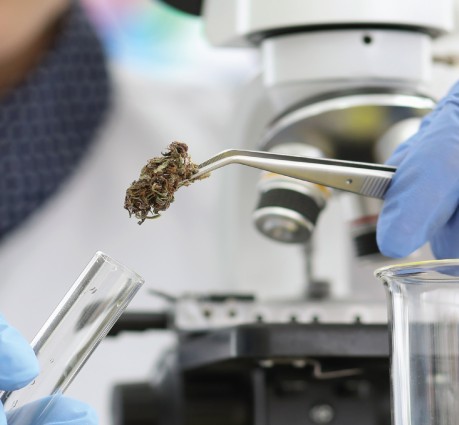The Ph.D. in Agricultural Entomology programme at Rabindranath Tagore University is a minimum 3-year doctorate programme that gives students advanced subject knowledge of entomology. A Ph.D. in agricultural entomology is also an excellent option for those who want to break out of academia. Even those who want to work for themselves may find it difficult to find a job. However, a PhD will give them the skills and expertise to enter a non-academic field. A Ph.D. will help you stand out from the crowd. Your skills will make you more employable, which means your salary will increase and your status will increase. In addition, you will have more opportunities in the fields of research, teaching, and extension.
Duration of programme
Level of Study

Teach advanced entomology concepts to students.
Foster top-quality scholars for societal impact.
Advance Nation: research in agriculture, environment, and insects
Pest management boosts postgraduate opportunities.
PSO5: Use appropriate scientific and statistical methods and evaluations for decision-making in various sectors of agriculture.
Eligibility Criteria
MSc. (Ag.) in Agricultural Entomology